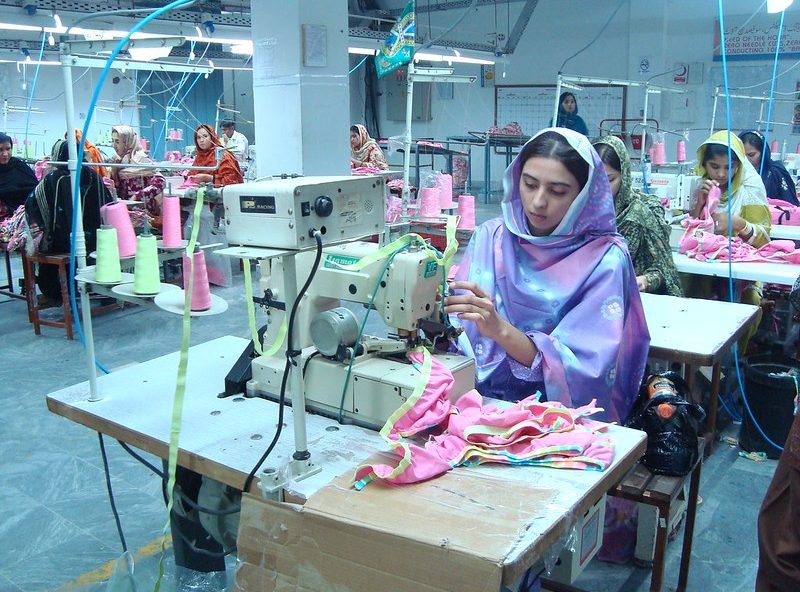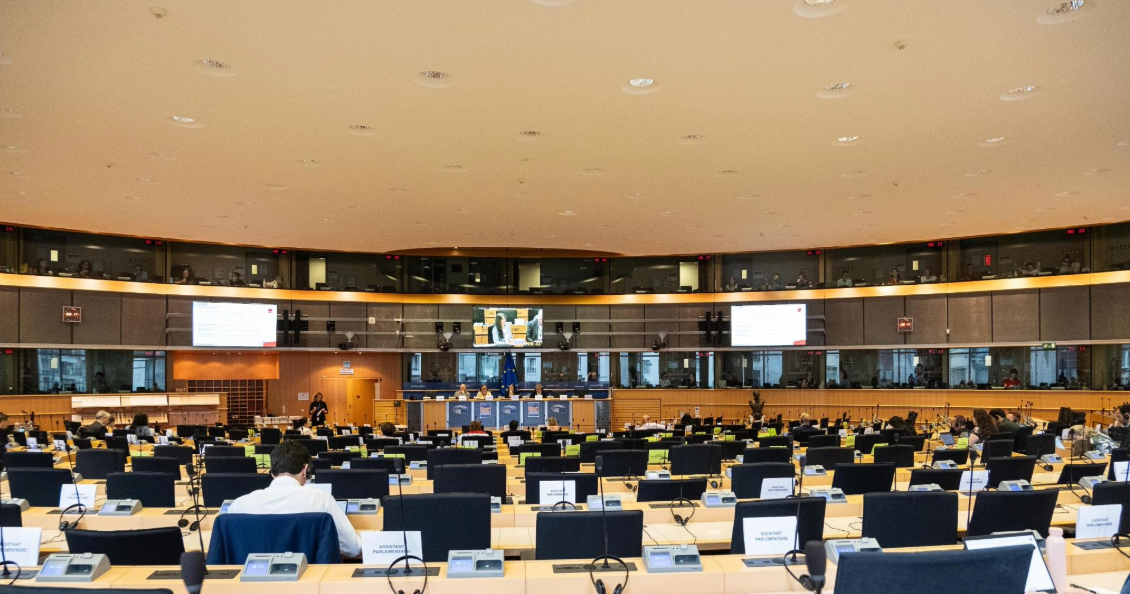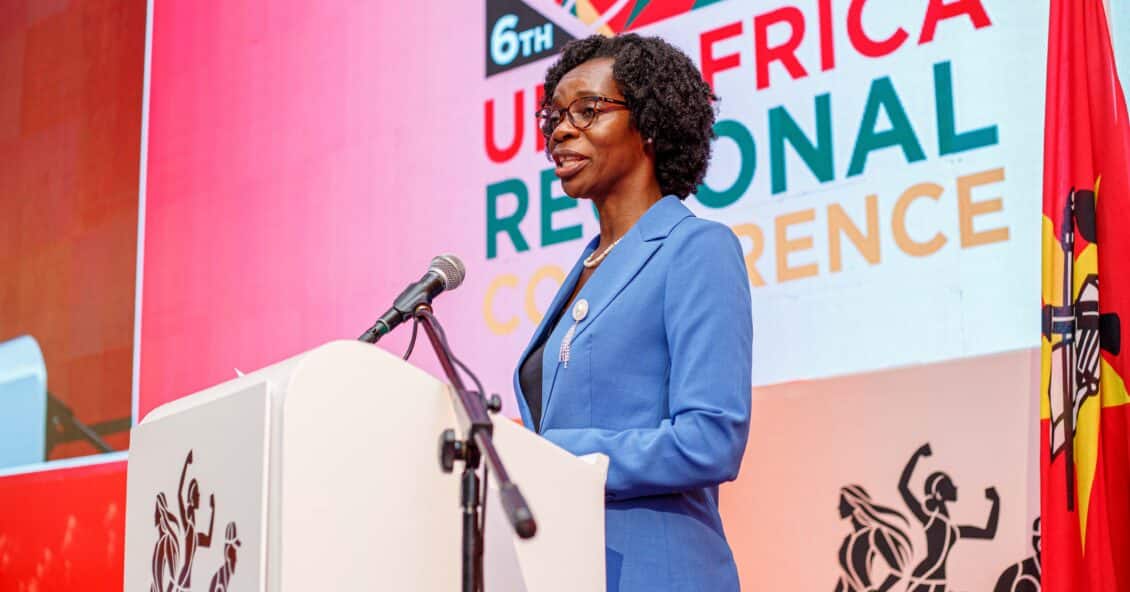International Safety Accord that made history in Bangladesh expands to Pakistan
14.12.22
UNI Global Union and IndustriALL Global Union, two key drivers of the historic Bangladesh Accord, are proud to announce the extension of the International Accord for Health and Safety in the Textile and Garment Industry to Pakistan.
The ground-breaking International Accord that over the past nine years made jobs safer for millions of garment workers in Bangladesh is now going to be extended to Pakistan.
See below the statement from UNI and IndustriALL:
“It has long been our goal to expand the successful model established in Bangladesh to other countries. With the Pakistan Accord, we will improve safety and save lives and increase our reach from the garment sector to home textiles and accessories. International retailers and brands that source from Pakistan who want to be committed to safety should sign up and take responsibility for the workers in their supply chains,” says UNI Global Union General Secretary, Christy Hoffman.
“We have managed to successfully expand the Accord to a second country. Pakistani garment workers will now face a safer future in their workplaces – preventable deaths and accidents will rapidly decrease as the programme is implemented, workers will receive training on occupational health and safety, which will empower them and hopefully they will see the benefit of joining a trade union to fight collectively for their rights,” says Atle Høie, General Secretary, IndustriALL Global Union.
Signatories to the International Accord for Health and Safety in the Textile and Garment Industry are establishing a comprehensive workplace health and safety program in Pakistan covering signatories’ garment and textile suppliers. The new Pakistan Accord on Health and Safety in the Textile and Garment Industry is a legally binding agreement between global union federations, UNI Global Union and IndustriALL Global Union, and garment brands and retailers for an interim term three years starting in 2023.
Building on widespread safety improvements in Bangladesh, the Pakistan Accord includes all key International Accord features: independent safety inspections to address identified fire, electrical, structural and boiler hazards, monitoring and supporting remediation, Safety Committee training and worker safety awareness program, an independent complaints mechanism, a commitment to broad transparency, and local capacity-building to enhance a culture of health and safety in the industry.
“I am pleased to see the International Accord signatories reach agreement to establish a workplace safety program covering the signatories’ garment and textile suppliers in Pakistan. We are committed to working closely with Pakistani stakeholders to ensure our collective efforts are beneficial to the industry and its workers,” said Joris Oldenziel, Executive Director, International Accord Foundation.
The successful experience in Bangladesh prompted the signatories to expand the workplace safety program to at least one other textile and garment producing country. Through signatory surveys, extensive research, and local stakeholder consultations, the Accord Secretariat assessed the feasibility of expanding based on key factors. Pakistan emerged as a priority country, in part because of its importance as a garment and textile sourcing country for the Accord brands.
The International Accord has undertaken extensive engagement in Pakistan with federal ministries and provincial governments, industry associations, suppliers, trade unions and civil society organizations. The Pakistan Accord programs will be implemented in phases, in close collaboration with these key stakeholders and through the establishment of a national governance body.
The Pakistan Accord covers Cut-Make-Trim (CMT) facilities, namely Ready-Made Garment (RMG), home textile, fabric and knit accessories suppliers (including vertically integrated facilities). Fabric mills within the supply chains of the signatories are also covered, with implementation scheduled for a later stage in the program. The program aims to incrementally cover more than 500 factories producing for more than 100 Accord signatory companies throughout the Sindh and Punjab provinces, where most of Pakistan’s US$20 billion in garment and textile exports are manufactured annually.
All current signatories of the International Accord which are sourcing from Pakistan are expected to also sign the Pakistan Accord. Other brands not currently participating in the International Accord with sourcing in Pakistan are also invited to join this ground-breaking health and safety program.
The decision to expand to Pakistan was announced during a signatory brand caucus meeting held on 14 December 2022. Brands will receive an information package on the Pakistan Accord and will be invited to sign from 16 January 2023.
Download the full text of the agreement here.
Background
The International Accord, devised by global unions together with international garment brands after the Rana Plaza industrial homicide in 2013, has been instrumental in making Bangladesh’s garment and textile industry safer. Nine years and thousands of factory inspections later, close to 200,000 potentially deadly traps in 1,600 factories have been fixed.
https://internationalaccord.org/home
Credit for above photo: ILO
For more information, contact:
Leonie Guguen, Senior Communications Manager, UNI Global Union
Tel: +41 79 137 5436 Email: leonie.guguen (at ) uniglobalunion.org


